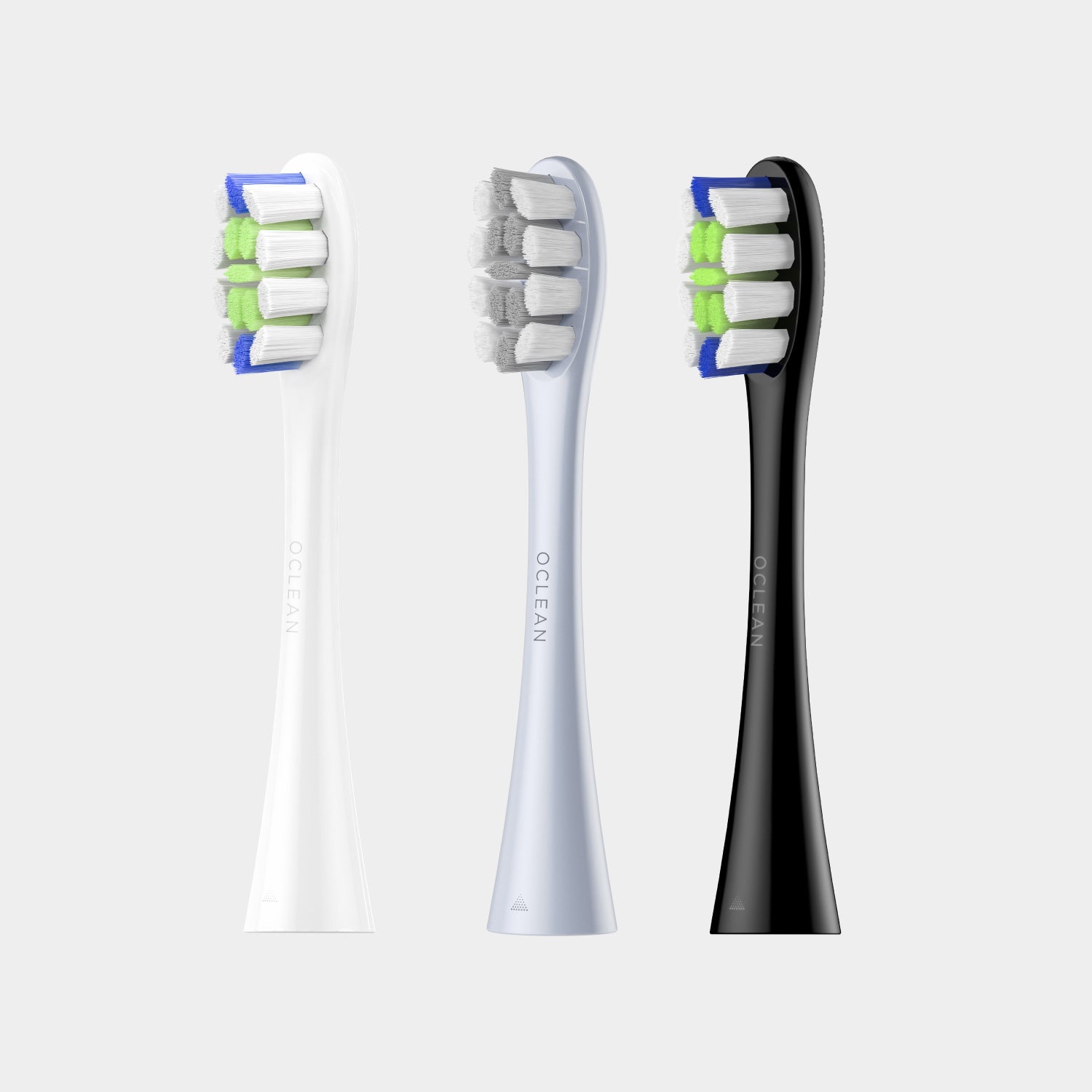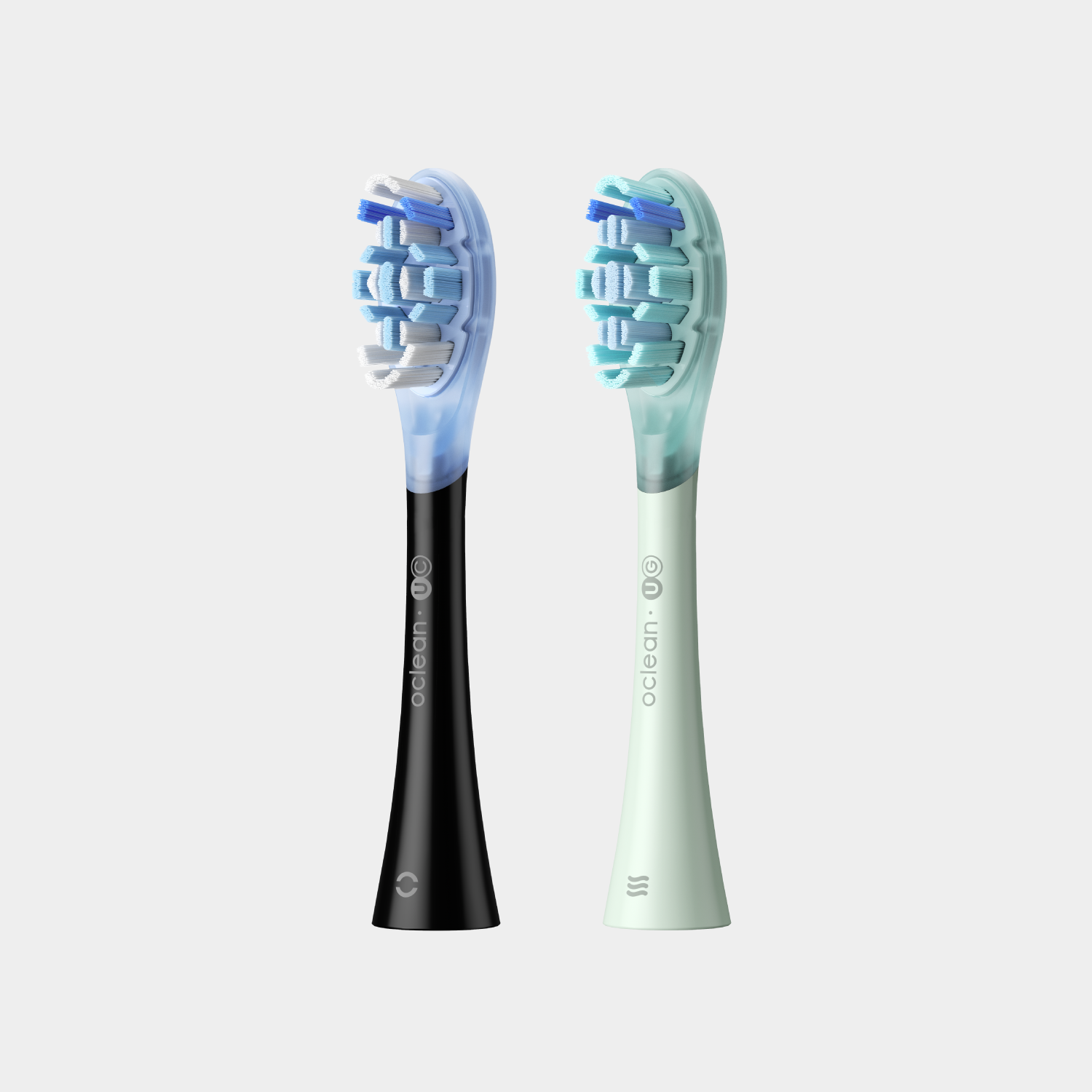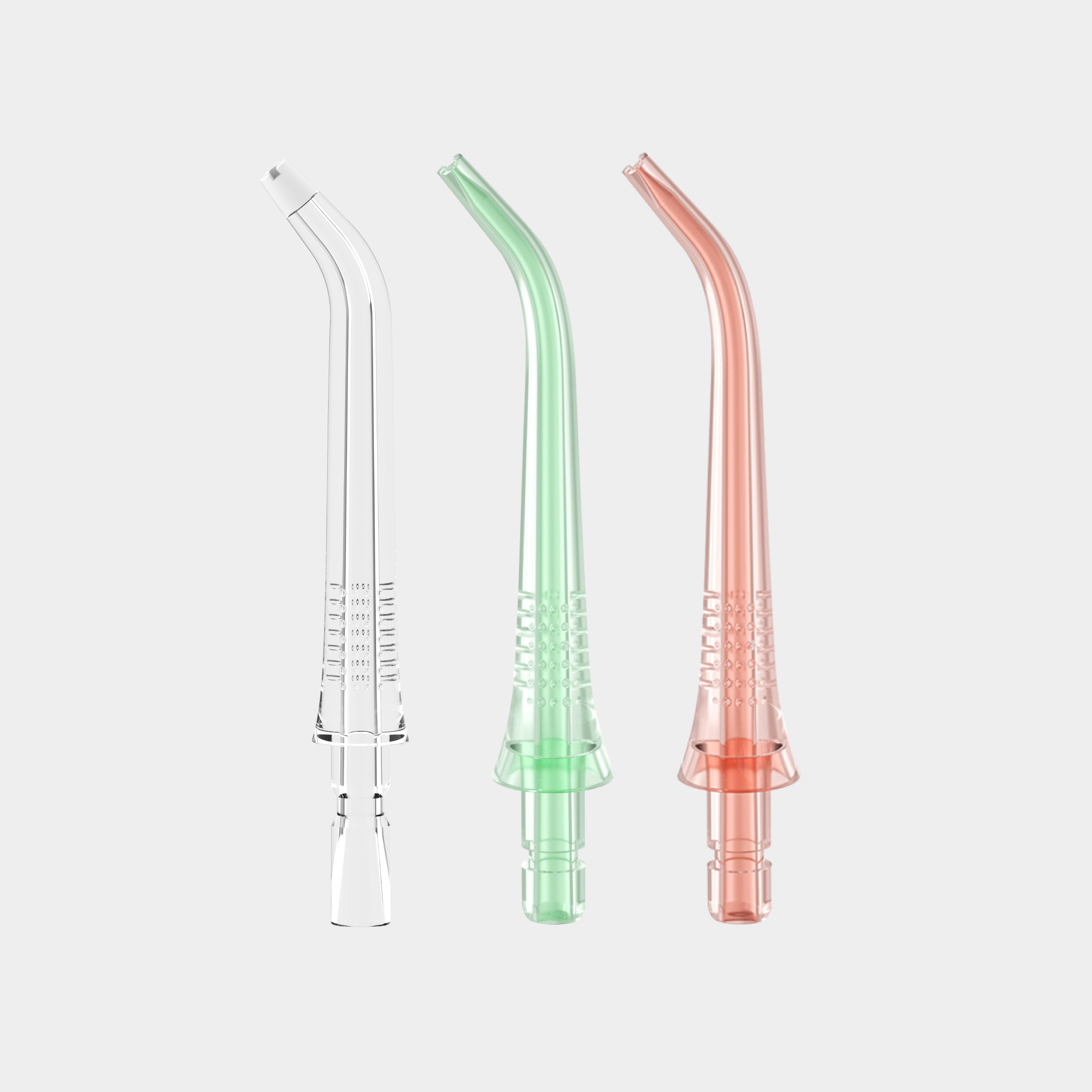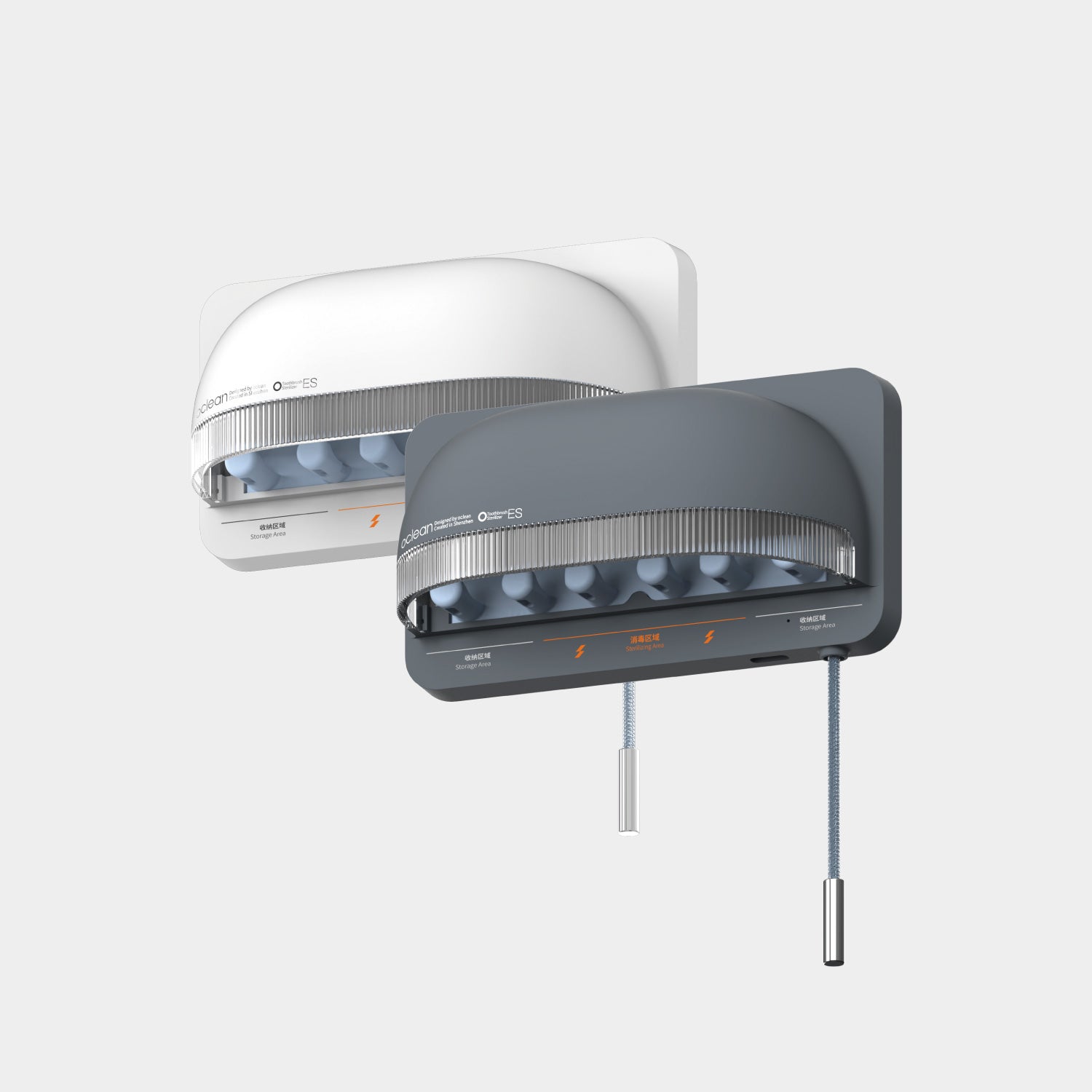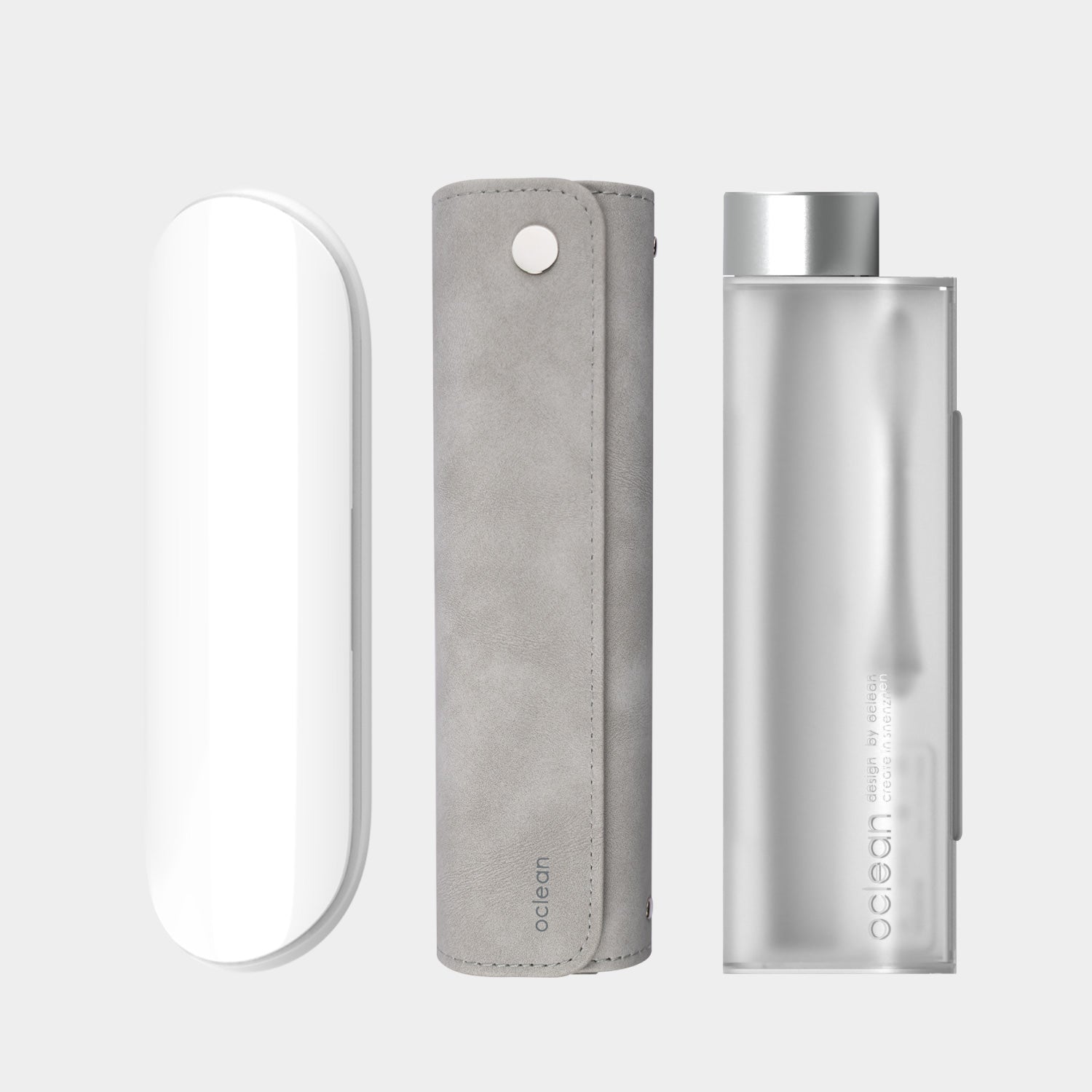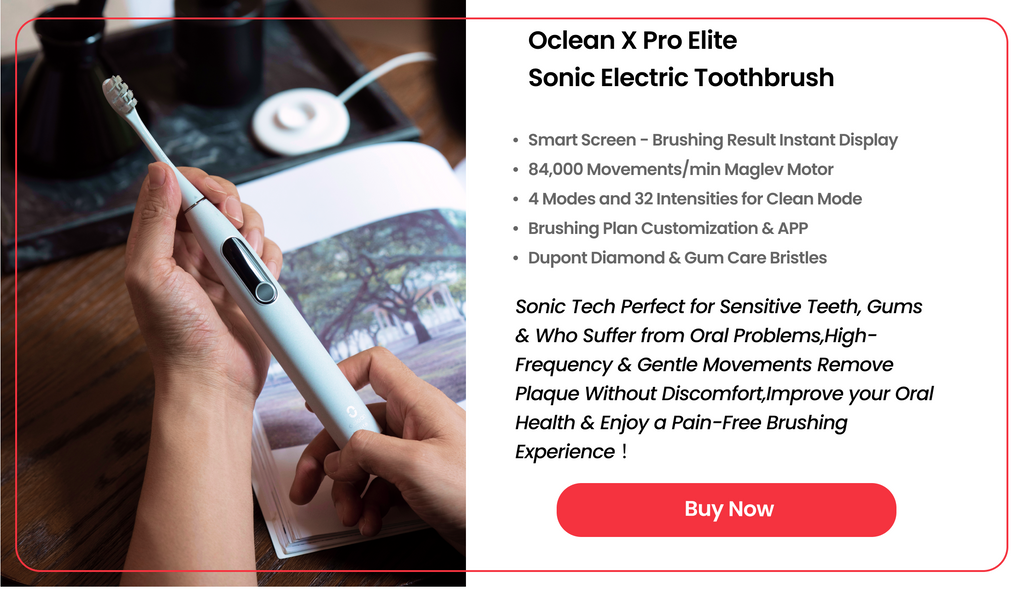Does It Hurt When You Bite Down? Here’s why!
“Why does biting cause my tooth to hurt?”
Experienced dentists hear this question daily. Toothache is notoriously described in the literature as a common and highly troublesome issue. Dentists usually have many tests to determine the exact cause of a toothache to formulate an appropriate treatment plan.
Let’s discuss some common questions patients have regarding this dental issue to reach a sound solution.
What Does It Mean If It Hurts To Bite Down On A Tooth?
Generally, just like how it is for the rest of the body, pain is experienced when nerve fibers associated with a tooth are stimulated. Biting down is likely to stimulate the associated nerve fibers (or, more specifically, A-delta nerve fibers) to send pain signals to the brain due to an associated pathology of the tooth.
Therefore, if you are experiencing discomfort with biting, there is likely a dental pathology that irritates the nerves of the associated tooth.
So, What Are The Likely Causes?
The pain due to the pressure of biting down can be attributed to several causes, such as the following:
1. Cracked Tooth Syndrome:
Patients often wonder why their tooth hurts without a cavity. The cause of such an experience could be cracked tooth syndrome.
Sometimes your tooth will develop cracks or fractures in its outer structure. This may be due to biting on a hard object that your tooth’s enamel could not bear.
This syndrome may be difficult to recognize as small cracks are often not evident on a radiograph. A dentist must evaluate the tooth under good lighting to notice a crack. A characteristic feature of this syndrome is sharp pain upon releasing the bite. Hence, if your symptoms are similar, the likely cause of your pain could be a pesky crack.
2. Trauma from Occlusion Due To a High Filling:
Dentists usually evaluate the bite using an articulating paper to determine whether your teeth are closing properly if you just got a cavity filled. Your treated tooth should not feel unusually high despite the filling.
If your tooth is over-filled and not reduced, biting down or occluding your teeth will transmit pressure to the supporting structures of your tooth around its root, known as periodontal ligaments. These ligaments upon biting will get inflamed, causing pain. This is known as trauma from occlusion, which is better defined in an article published in the National Library of Medicine as “tissue injury due to distorted occlusion.”
3. Abscess:
The presence of an abscess around the roots of your teeth could cause significant pain upon biting. The American Dental Association describes a dental abscess as “An infection caused by tooth decay, periodontal disease or a cracked tooth.” A dental abscess should be treated as soon as possible. Otherwise, an unpleasant swelling around your tooth will continue to expand, weakening your jaw bone.
Avoiding an abscess by maintaining good oral hygiene; using effective aids such as an electric toothbrush is better. Smart electric toothbrush efficiently clean teeth to prevent the development of cavities, which may lead to abscesses if not treated on time. Regular flossing also ensures no food remains stuck between teeth, which may act as a breeding ground for harmful, decay-causing bacteria.
How Should I Treat This Pain?
The first step is to get a proper diagnosis from a certified dentist. The dentist will evaluate your bite, take radiographs, test the sensitivity of your teeth, and form a treatment plan based on the clinical and radiographic findings.
It is best to avoid any pathology from developing to prevent experiencing any pain in the first place. You can keep your teeth and gums healthy by following a strict oral hygiene maintenance protocol, which includes brushing twice a day, flossing, and using mouthwash as prescribed by your dentist.
How Do I Optimize My Cleaning?
The key to effectively cleaning your teeth is using the correct tools. Oclean offers a range of smart toothbrushes that are more effective in removing plaque and food debris from around teeth than the traditional manual toothbrush. Sonic electric toothbrush also efficiently delivers fluoride from your toothpaste to your teeth. Fluoride strengthens the teeth, making them unlikely to develop a crack or fracture.
Conclusion
Pain upon biting can be a terrifying experience. Not only is it a huge cause of concern, but it also prevents individuals from fully enjoying their meals, and the associated cause can further perpetuate if not appropriately treated. To avoid such an event, it is best to take care of one’s oral hygiene and frequently visit the dentist for routine dental checkups.
*Cover image from Freepik@wayhomestudio, we will delete it if constitutes infringement *
Related Readings:
Can You Bring an Electric Toothbrush on a Plane
How Many Calories Are in Toothpaste
What Happens if You Swallow Toothpaste
Are Charcoal Toothbrushes Safe



















































